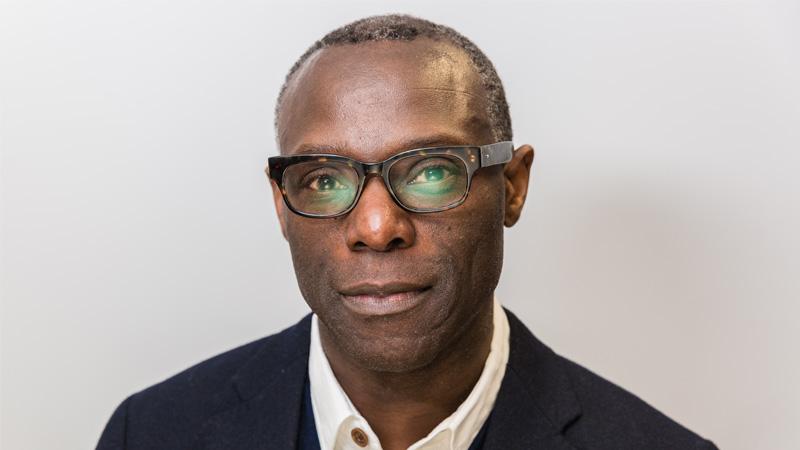Dr Mykaell Riley, Senior Lecturer, Director for The Black Music Research Unit (BMRU) and Principal Investigator for Bass Culture Research at the University of Westminster, has recalled Rock Against Racism’s 1978 concert and its legacy with The Guardian.

Rock Against Racism was a cultural movement that started as a response to growing racist sentiments in the United Kingdom in the 1970s. It united members with their shared love of music.
The Grammy Award-winning reggae group Steel Pulse, which Riley was a founding member of, performed at the 1978 concert.
The event in London’s Victoria Park, featured the Clash, Steel Pulse, and the Tom Robinson Band among others. It followed a march from Trafalgar Square to the East End of London which resulted in 100,000 supporters attending the show – far exceeding expectations.
Riley said: “There was an excitement that it was turning into something really special because more and more people kept coming into the park.
“Most of the people involved with Rock Against Racism are still around, but now they’re in senior or middle management positions or running institutions. And their children would quite likely be at [Black Lives Matter] protests.”
Read the full article on the 1978 concert on The Guardian’s website.
On Wednesday 28 September, Riley featured in a discussion about one of Rock Against Racism’s founders David Widgery at St Anne’s Church, Limehouse. The event was the first in a series named ‘Limehouse Lives’, to commemorate and celebrate the lives of people who have made a difference to the East London neighbourhood. David was a distinguished GP, journalist and political activist.
In his speech, Riley spoke about Rock Against Racism’s famous 1978 concert: “In this instance, music became a soundtrack to multiculturalism. It’s important that we look at the power of music to transform perspectives and the way we relate to each other.”
Find out more about the University of Westminster’s Black Music Research Unit.


